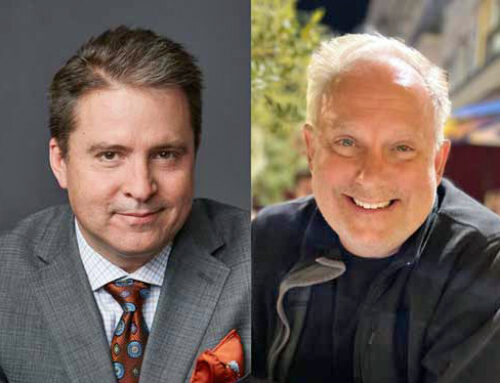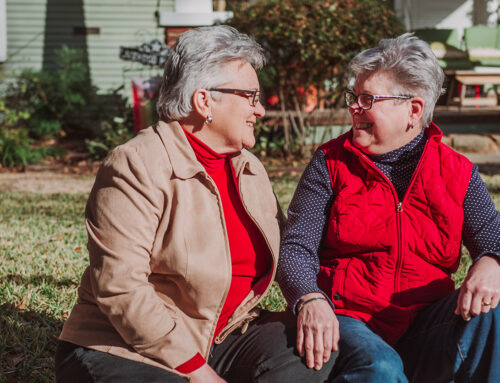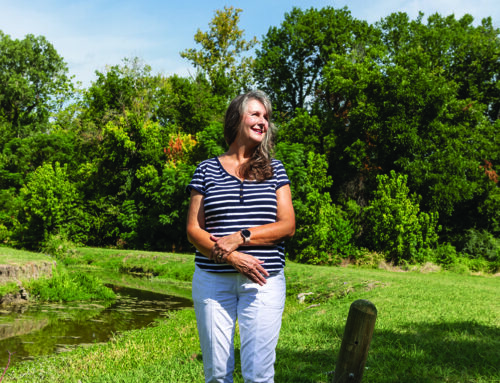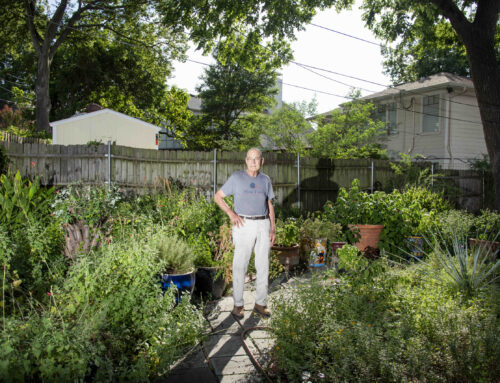Choirboys Brian Burton and Bill Clinton sang together in the Emanuel Baptist Church in their hometown of Little Rock, Ark.
About 30 years later, both considered a career in Washington, D.C.
But one of them opted for our neighborhood as the assistant pastor at Wilshire Baptist Church.
After completing his studies at a Baptist seminary in Louisville, Ky., Burton declined two assistant pastoral positions in the nation’s capital and headed to Texas.
When he had his personal interview in December ’91 with Pastor George Mason of Wilshire Baptist, Burton said he felt an immediate connection to the church.
“Because my role is supportive, the number one criterion is knowing you can work, dream and grow with the pastor. I felt that with Pastor Mason,” Burton says.
Burton’s calling to the ministry was shaped by his life’s experiences in Dallas 10 years ago.
“I was laid off from Fox & Jacobs,” he says, “and life became a season of winter. But now it is a season of spring. I consider myself a wounded healer.”
But not all of Burton’s experiences in Dallas were negative.
“My brothers were here then,” he says, “and I really felt connected to the City.”
One brother is still here, and a sister recently moved to Dallas. Burton, a bachelor, often visits his parents in Little Rock, where his father practices dentistry.
Pastor Mason says Burton’s arrival at Wilshire Baptist Church has inspired new thinking and fresh approaches to problems today’s members experience. The congregation averages 1,000 people each Sunday with a membership of approximately 3,000.
“Be it issues of employment, education, support groups – Brian Burton is involved,” Mason says.
Burton calls his a “creative” ministry. Then he quickly adds it could be described as a “marketplace” ministry.
“I feel like the church and America today are at critical crossroads,” he says. “We can continue to fossilize, or we can become the church connecting with people’s everyday lives.”
Among the programs Burton has initiated are support groups for teachers new to the school systems. Last fall, 45 teachers joined in a series of meetings addressing student discipline problems and curriculum choices.
Another program, “Spirituality and Nursing,” is an educational program for nurses. Burton is working on an educational program for students and has designed classes for couples contemplating marriage.
“If a member is over 21 and breathing, I’m working with he or she,” he says.
“Be it informal lunches, private meetings – just whatever it takes, I’m there for our members.”





